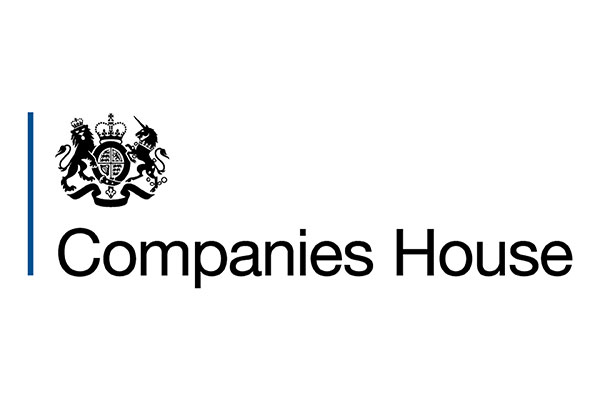Going limited – the pros and cons

Many businesses start off as sole traders or partnerships. Some but not all, particularly after a period of turnover growth, make the decision to incorporate.
If you’re thinking about incorporating, what do you need to know?
Going limited positive – post-tax profit
With a limited company, you can choose to pay yourself with a mixture of dividends and income. Dividends are a distribution of profit (after corporation tax) from your limited company and the taxes you pay on them are very different from the taxes you pay on a salary.
If taking out all of your profit means you pay a higher rate of tax, you can leave surplus money in your business and withdraw it later. That option is not open to sole traders where you pay personal taxes on all profit.
You can also use any surplus cash to invest in business assets, invest it in your pension plan, or, when you wind up the company, pay a lower amount of tax on it by withdrawing it as a capital gain.
Going limited positive – separation between personal and business finances
If your limited company can’t pay its debts, only the assets and cash belonging to the limited company can be seized, not your personal assets and cash.
Please bear in mind though that, while this is legally correct, many suppliers (including landlords) require personal guarantees from you that you will pay any outstanding business debt yourself if your company can’t pay them.
Going limited positive – many customers prefer dealing with limited companies
Because limited companies have to submit their accounts and balance sheets to Companies House, there is much more visibility to them. Sole traders only have to submit their accounts to HMRC and they are never released to the public.
Better visibility means more companies are prepared to work with you.
Going limited positive – no payment of income tax on account
Sole traders have to make tax payments on account to HMRC – this is not a very popular system. To find out why, read our blog post from December on payments on account.
You pay 19% corporation tax on your profits and no National Insurance on your profits. If you put the same level of profit through as a sole trade, you’ll pay between 20-45% in income tax plus Class 2 and Class 4 National Insurance on top.
Going limited positive – better chance of getting investors interested
When you set up your limited company, it will have a share register. That’s the number of shares issued and who the shares belong to. Sole trader businesses have no shareholding.
Limited companies have a better chance of borrowing money and selling equity in the business for money to help expansion, growth, and diversification.
Your limited company may be able to borrow money without you having to secure your home or any other assets against a loan. However, most lenders will want some form of personal surety from you.
Going limited positive – you will almost certainly pay less personal tax as a shareholding director
If you pay yourself £45,000 as a self-employed sole trader, you’ll pay £10,015.24 in tax (£6,700 in income tax, £148.20 in Class 2 National Insurance, and £3,315.24 in Class 4 National Insurance).
If you pay yourself £45,000 as a shareholding director (£8,124 in salary and £36,876 in dividends), you’ll pay no tax, no national insurance and £2,137.50 in dividend tax, a saving of £7,877.74. Please remember though that dividends are paid after corporation tax so the saving is not quite as impressive as it looks.
Going limited negative – getting money out of your business is more complicated
Unlike with a sole trader who can withdraw any money from their account without it having consequences for tax, getting money out of a limited company is more complicated.
In addition, if your business makes it a loss, it can offset that loss against other sources of personal income. With a limited company, it can only use its own losses against its profits.
Going limited negative – lots more paperwork
As a limited company, you will have to file a set of accounts, an annual return, a corporation tax return, and your Self Assessment as the company’s director. This is far more than your current requirement to fill in and submit a Self Assessment.
Going limited negative – you’ll need more from your accountant
Unless you’re very comfortable with accounting, you may find it difficult to submit (within 9 months of your financial year end) a profit and loss account, a balance sheet, a director’s report, an auditor’s reports, and accounting notes.
Very small companies don’t have to complete all of these tasks however the administrative and financial reporting burden as a limited company is much greater, regardless of your turnover levels and staff numbers.
Going limited negative – more responsibilities and less privacy
There are additional financial and fiduciary responsibilities on company directors which, if not followed, can result in a fine, a lengthy ban in running another business, or even imprisonment.
When you submit your confirmation statement, your office address (and sometimes home address) will be searchable online. Your accounts will also be available for all to see.
Advice and help
If you’re considering incorporating your business, speak to your Panthera Accountants team member by calling 01235 768 561 for friendly, impartial support.

